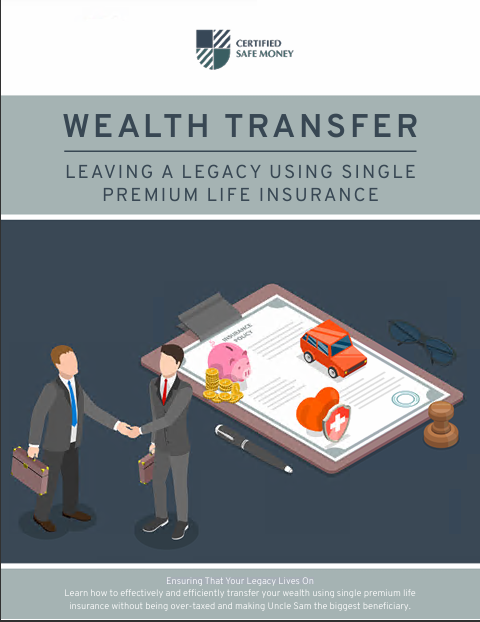The insurance policy most Americans buy for long-term care is the linked-benefit policy, which performs two functions. The linked or combo-benefit insurance policy pays you benefits if you need long-term care. However, if you don’t have any qualifying long-term care needs or your need is below the maximum insurance value, the insurance policy will pay your designated beneficiary a death benefit. The linked-benefits insurance policy has a small print that determines the amount you will pay for the insurance. The small print is the most important thing because it defines the amount you will receive as future benefits. Unfortunately, most of us don’t read this small print before purchasing the linked-benefit insurance policy. Before buying the combo-benefit insurance coverage, you need to answer these five questions: 1. Have you compared the varying cost of the linked-benefits policy? Individual linked-benefit insurance policy provider has their benefits and pricing formula. In 2022, a 55-year-old adult will get maximum long-term care of approximately $570,000 at 85 by paying $5,235 annually. This is the linked-benefit price index for long-term care in 2022. The price is more for long-term care under a similar insurance plan. Some companies may allow you to pay a small amount annually while accepting lifetime premiums. This annual payment may last for a certain period or till death. Other companies allow scheduled payments like 10 pay, and higher premiums will be paid within ten years. You will no longer pay premiums after ten years. Some insurance companies allow you to pay the full coverage at once. Before you go for any policy, consider your financial flexibility. 2. What is the highest benefit you can get for your long-term care? Would you purchase life insurance with a maximum benefit of $753,627 or one with the highest benefit of $568,000 if you require long-term care at age 85? Don’t you think the price of both policies may be virtually equal? The contractual language will let you know your potential long-term-care coverage and its benefit formula. It would help to ask the insurance agent or advisor for a hard copy illustrating all the benefits and values guaranteed by their policy. Ensure you know the maximum benefit value you will get for long-term care at age 85 to 95. This age interval represents when you will likely start to need long-term care. 3. What is the insurance death benefit value? A small percentage of linked-benefit insurance buyers purchase the policy for its death benefit. You need to compare individual plan death benefits by checking the price analysis. If you fail to compare the death benefits of different plans, your designated beneficiaries may not receive a higher death benefit. Ask for the policy’s guide showing all these data. 4. What is the Benefits payment model? Can loved ones provide care? Some insurance providers use the reimbursement model, which requires you to gather and submit the paid receipts to the insurance company. If you need care or suffer from cognitive dysfunction, do you have any loved one who can submit the receipts? Other insurance policy companies use the cash indemnity model, where you receive your monthly benefit after your claim approval. The major benefits of this model are convenience and simplicity. Payment to caregivers is another benefit of the cash model. 5. How much is the insurance residual death benefit? It would be best if you bought linked-benefit insurance having residual death benefits. An insurance policy with residual death benefits will give your loved ones residual life insurance even after spending all your long-term care benefits. Therefore, your loved ones will still receive death benefits after you pass away. Before you buy that linked-benefits insurance, make sure you include your loved ones in your plan. You should also work with an expert familiar with linked benefit insurance policy products and companies. Always request a written agreement, which makes your contract legally binding. If you want to buy the right insurance, you need to ask questions.
Contact Information:
Email: kdw13@msn.com
Phone: 9143022300














